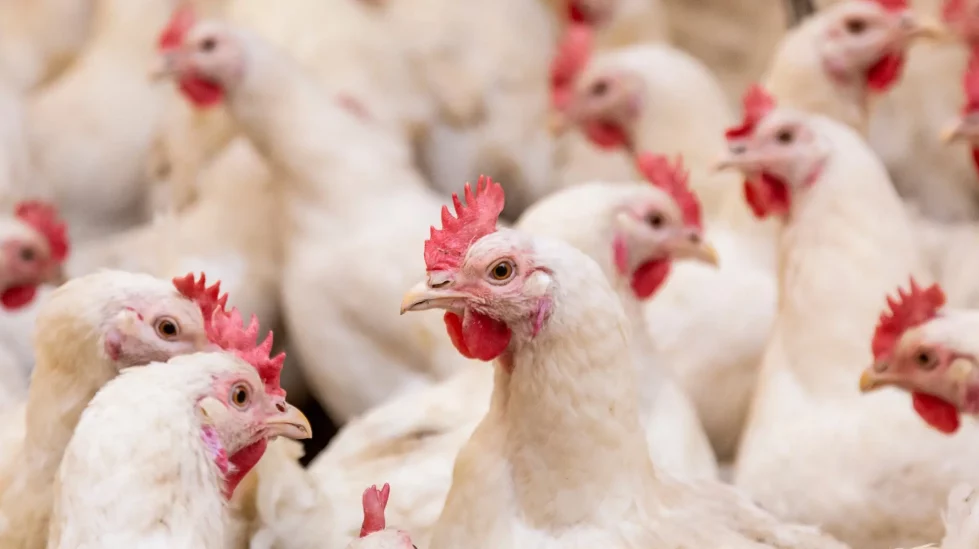A case of the highly pathogenic H5N1 avian influenza has been confirmed on a Kent County commercial broiler farm.
Following an investigation by the Delaware Department of Agriculture and the U.S. Department of Agriculture’s National Veterinary Services Laboratory, a chicken or chickens on the farm have tested positive for highly contagious flu.
This case follows previously announced cases on farms in New Castle County as well as Cecil and Queen Anne’s Counties, Maryland.
Following those cases, federal and state partners expanded their surveillance sampling and testing regimen to better protect the poultry industry on the Delmarva Peninsula.
State officials have quarantined all affected premises and the birds have been depopulated to prevent the spread of the disease.
Birds from affected flocks will not enter the food system.
According to the Delaware Department of Agriculture, there is currently minimal risk to public health as there have been no human cases of avian influenza in the United States.
Avian influenza does not affect poultry meat or egg products, which remain safe to eat.
Avian influenza is a highly contagious airborne respiratory virus that spreads quickly among birds through nasal and eye secretions and manure.
The virus can be spread in various ways from flock to flock, including by wild birds, through contact with infected poultry, by equipment, and on the clothing and shoes of caretakers.
The virus affects poultry, like chickens, ducks, turkeys, and wild bird species such as ducks, geese, shorebirds, and raptors.
State officials are advising all poultry owners to increase their vigilance in protecting their flocks from contracting avian influenza by following these steps:
- Limit, monitor, and record any movement of people, vehicles, or animals on or off your farm.
- Permit only essential workers and vehicles to enter the farm to limit the chances of bringing the virus from an outside source.
- Avoid visiting other poultry farms and any unnecessary travel off the farm.
- Disinfect equipment, vehicles, footwear, and other items that come into contact with flocks.
- Keep your flock away from wild or migratory birds, especially waterfowl.
- Isolate any ill animals and contact your veterinarian.
Commercial poultry producers should follow the procedures of contacting the company they grow for when they notice signs of disease.
Backyard flock owners who notice any of the signs of influenza in their flock should contact the Delaware Poultry Health Hotline at [email protected] or 302-698-4507. Callers should provide their contact information, size of the flock, location, and a briefing of their concerns.


Charlie Megginson covers government and politics for Delaware LIVE News. Reach him at (302) 344-8293 or [email protected]. Follow him on Twitter @cmegginson4.
Share this Post



